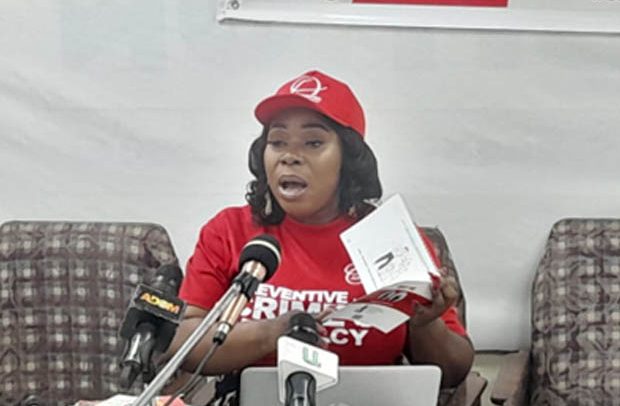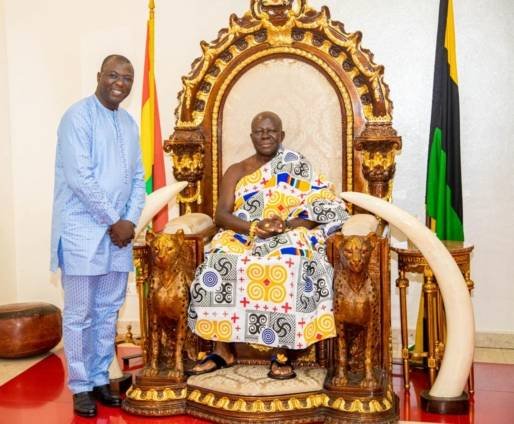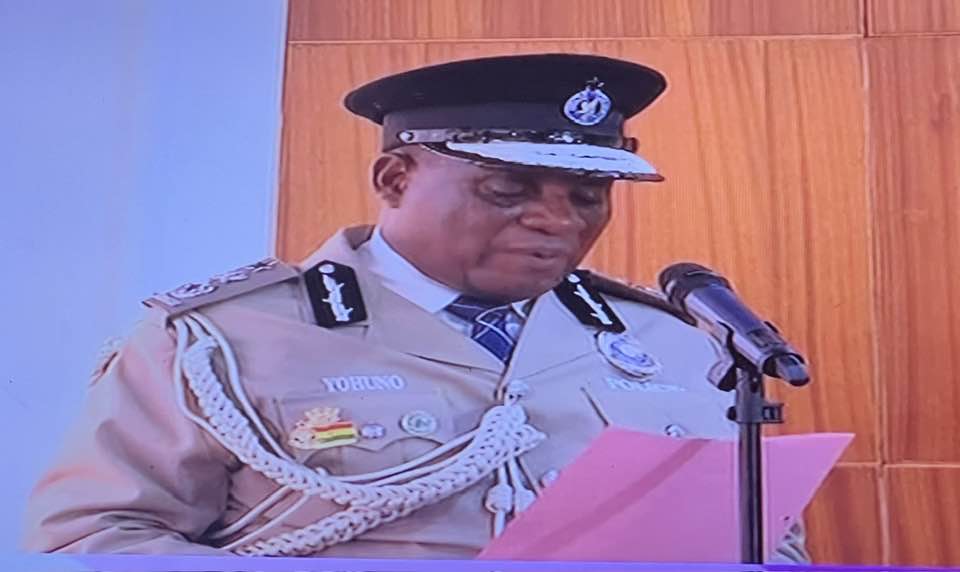
By Francis Ameyibor, GNA
Accra, March 2, GNA - Justice Sylvain Oré, the President of the African Court of Human and Peoples’ Rights on Monday challenged media practitioners to work in earnest towards the protection of human rights through consistent reportage.
“Journalists must be vanguards for the protection and respect for human rights, citizens need to be informed about their human rights as enshrined in their constitutions and how to achieve these rights.”
Justice Ore told the Ghana News Agency in a telephone interview after the opening of the African Court’s 56th Ordinary Session in Arusha, Tanzania; which is set to examine about 20 applications and six Judgments before the close of the four-week Session on March 27. During the Session, the African Court would hold two Public Hearings and would also review reports on implementation of the Continental Court’s decisions and finalization and adoption of revised Rules of Court, among others.
Speaking on the role of the journalists, Justice Ore explained to GNA that, “I have no doubts in my mind that journalists’ commitment to promote human rights in Africa, and especially the work of the African Court, is paramount”.
The African Court President, therefore reminded Journalists of the tenets of Article 9 of the African Charter on Human and Peoples’ Rights, which clearly states that every individual shall have the right to receive information.
On the status of the African Court, Justice Ore explained it was established by African countries to ensure the protection of human and peoples’ rights. It complements and reinforces the functions of the African Commission on Human and Peoples' Rights.
It was established by virtue of Article 1 of the Protocol to the African Charter on Human and Peoples' Rights on the Establishment of an AfCHPR (the Protocol), which was adopted by the Member States of the then Organisation of African Unity (OAU), in Ouagadougou, Burkina Faso, in June 1998.
He said the African Court had jurisdiction over all cases and disputes submitted to it concerning the interpretation and application of the Charter, the Protocol and any other relevant human rights instrument ratified by the States concerned.
The African Court President said, the Continental Court had two types of jurisdiction: contentious and advisory and the Court met four times a year in Ordinary Sessions and may hold Extra-Ordinary Sessions.
The African Court is composed of 11 Judges - nationals of Member States of the African Union.
They become members after nomination by their respective States in their individual capacities from among African jurists of proven integrity and of recognised practical, judicial or academic competence and experience in the field of human rights.
The President of the African Court resides and works on a full time basis at the seat of the Court, at Arusha, Tanzania, while the other 10 judges work on a part-time basis.
In the accomplishment of his duties, the President is assisted by a Registrar, who performs registry, managerial and administrative functions of the Court.
GNA
Read Full Story












![‘I’m a Supplier’- Interdicted police officer admits selling opioids to youth [Video]](https://sportal365images.com/process/smp-images-production/pulse.com.gh/05052025/fc3b0efb-cfe0-47e6-9110-1dafcd7a834d.png)








Facebook
Twitter
Pinterest
Instagram
Google+
YouTube
LinkedIn
RSS